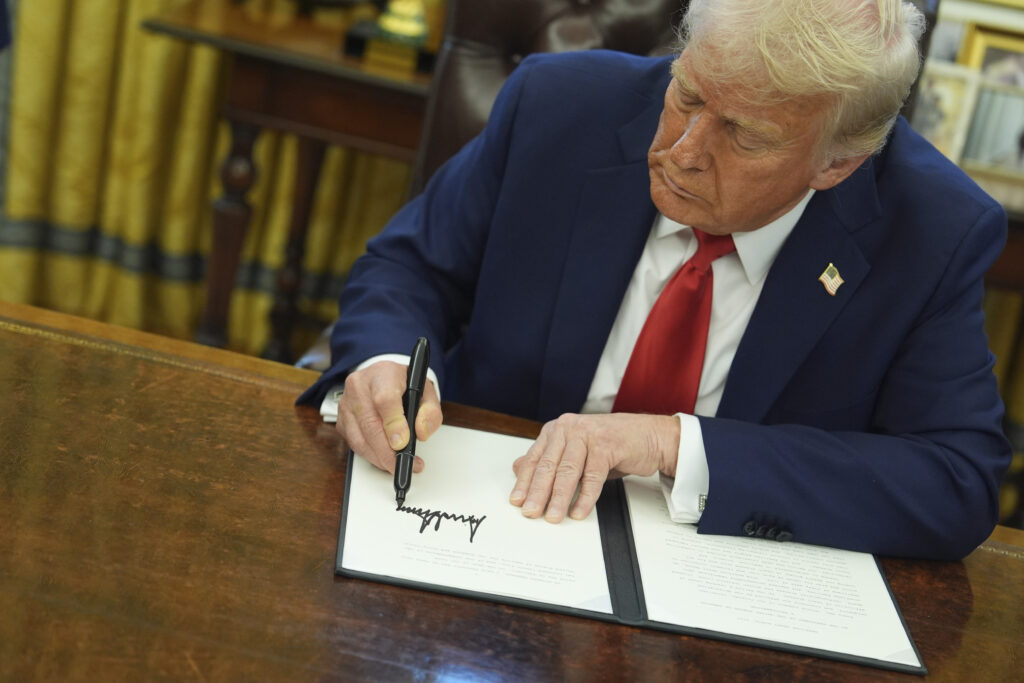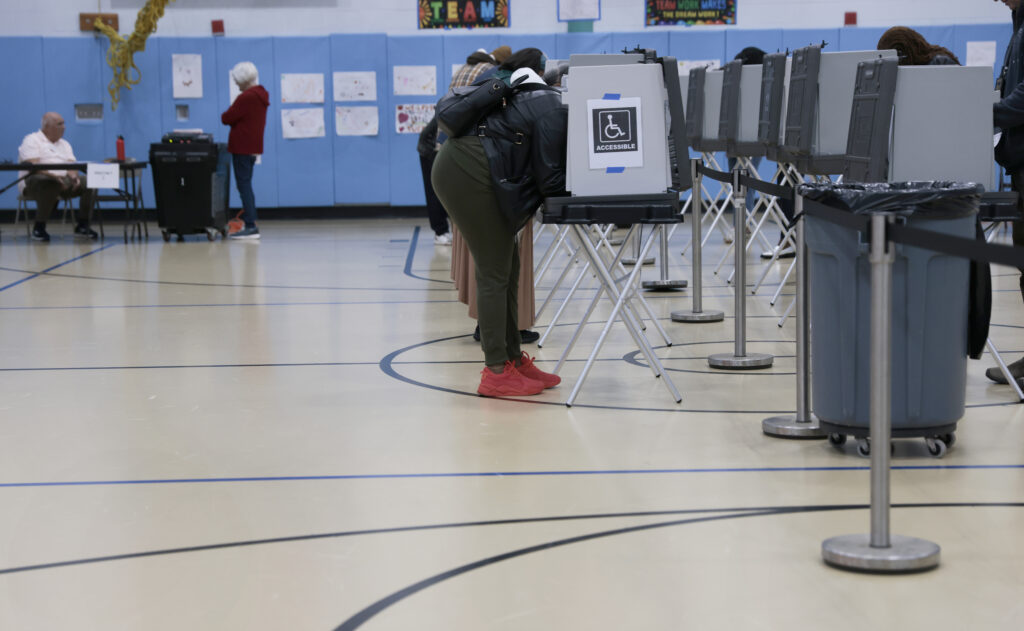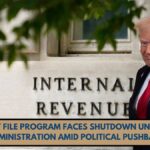Washington, D.C. — President Donald Trump has signed a sweeping executive order that mandates proof of U.S. citizenship for individuals voting in federal elections, igniting a nationwide debate on voter rights and election security. The move, which comes months ahead of the 2026 midterms, has drawn both praise and legal challenges.
Key Provisions of the Executive Order
The order, officially titled “Preserving and Protecting the Integrity of American Elections,” introduces several significant changes to the way federal elections are conducted. Key provisions include:
- Mandatory Proof of Citizenship: Voters must present government-issued documents such as a passport, birth certificate, or naturalization certificate when registering to vote in federal elections. (White House Official Statement)
- Ballot Submission Deadlines: The order mandates that all ballots must be received by Election Day to be counted, prohibiting states from accepting late-arriving mail-in ballots.
- Federal Funding Conditions: States that fail to comply with these requirements risk losing federal election funding.
- Interagency Data Sharing: Agencies like the Department of Homeland Security and Social Security Administration will be required to share data with state election offices to verify voter rolls. (Department of Homeland Security)

Rationale Behind the Order
President Trump defended the order as a necessary step to eliminate election fraud and safeguard democracy.
“The integrity of American elections is under attack. This order ensures that only U.S. citizens have the right to vote in our federal elections. No more stolen elections, no more fraud,” Trump stated during a press briefing at the White House.
The administration argues that states with lenient voter registration laws have made it easier for non-citizens to cast ballots, a claim often disputed by election officials and watchdog organizations. (National Association of Secretaries of State)
Legal and Political Backlash
Almost immediately, civil rights groups, Democratic lawmakers, and some state officials pushed back against the order, calling it a form of voter suppression.
Potential Legal Challenges
- Disenfranchisement Concerns: Voting rights organizations argue that requiring additional documentation could make it difficult for marginalized groups, including minorities, elderly citizens, and low-income voters, to participate in elections.
- State vs. Federal Jurisdiction: Legal experts claim the order could face challenges in court, as the U.S. Constitution grants states the authority to oversee their own elections. Opponents cite previous Supreme Court rulings, such as Arizona v. Inter Tribal Council of Arizona (2013), which struck down a similar citizenship requirement.
- Administrative Burden on Election Officials: State election offices warn that implementing such a requirement before the next major election cycle would create logistical challenges, potentially leading to voter confusion and delays. (National Association of State Election Directors)
In response, the American Civil Liberties Union (ACLU) and several other advocacy groups have already signaled their intent to sue the federal government, arguing the order is unconstitutional and disproportionately affects specific voter demographics. (ACLU)
What This Means for Voters
For American citizens, the executive order means additional documentation will now be required when registering to vote in federal elections. However, state elections—such as those for governors, legislatures, and local offices—will remain subject to state laws.
The order does not take immediate effect but directs federal agencies to begin working with state officials to implement the changes over the coming months. Voters are advised to check their state’s voter registration guidelines and prepare their documents accordingly.
Republican Support and Future Implications
Many Republicans have rallied behind the executive order, calling it a necessary safeguard against election fraud. House Speaker Mike Johnson praised the move, stating,
“It’s a commonsense measure—only American citizens should decide American elections. This is a step in the right direction.”
Some GOP-led states have already begun reviewing their election laws to align with the new requirements. Meanwhile, legal battles and state-level resistance are expected to delay full enforcement.

Final Thoughts
Trump’s latest executive order marks one of the most aggressive federal election overhauls in modern history. While supporters see it as a vital move to protect election integrity, critics warn that it could disenfranchise millions of eligible voters. With lawsuits and state resistance mounting, the fate of this order may ultimately rest in the hands of the courts.
For now, voters should stay informed, ensure their documents are in order, and prepare for potential changes to the election process in 2026.
For more information on voter registration and requirements, visit:
This article has been carefully fact-checked by our editorial team to ensure accuracy and eliminate any misleading information. We are committed to maintaining the highest standards of integrity in our content.

Himanshu Sharma writes for Weekend Spy, focusing on recruitment, government schemes, and current affairs. He is dedicated to making complex information accessible to readers.
Himanshu enjoys playing chess, hiking, and trying new recipes, always seeking ways to combine his love for writing with his passion for exploration. Connect with Drop him an email at [email protected].







